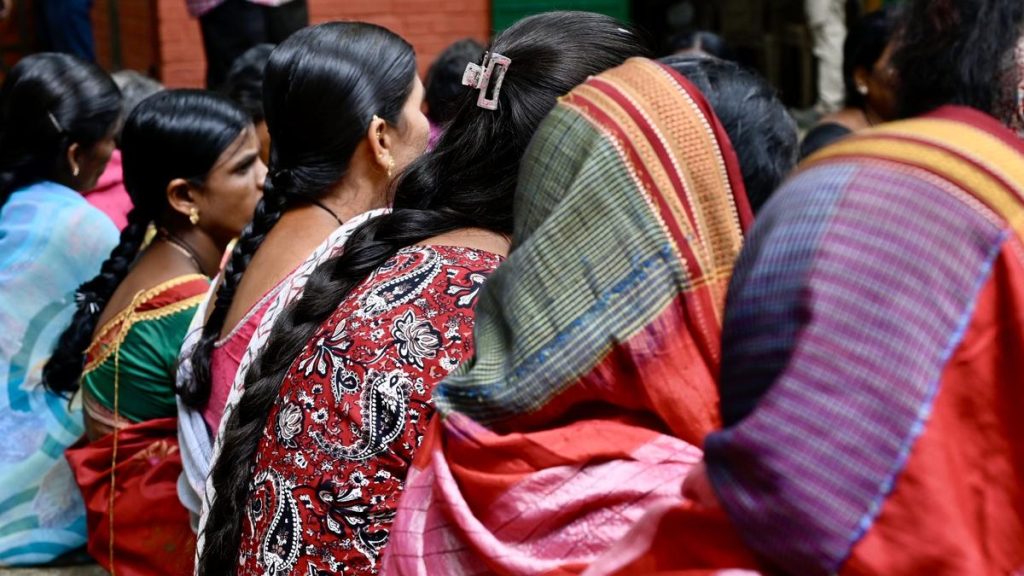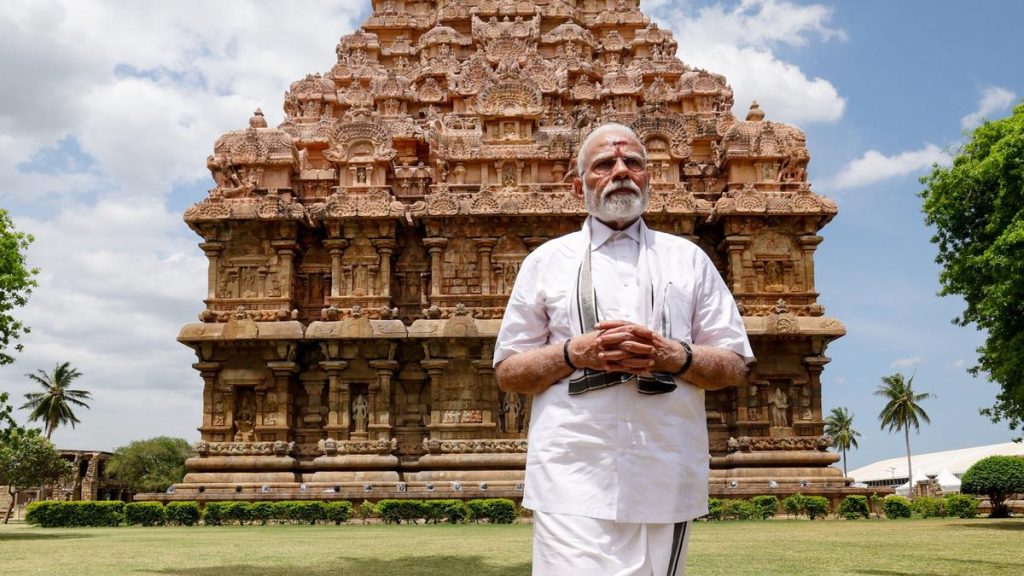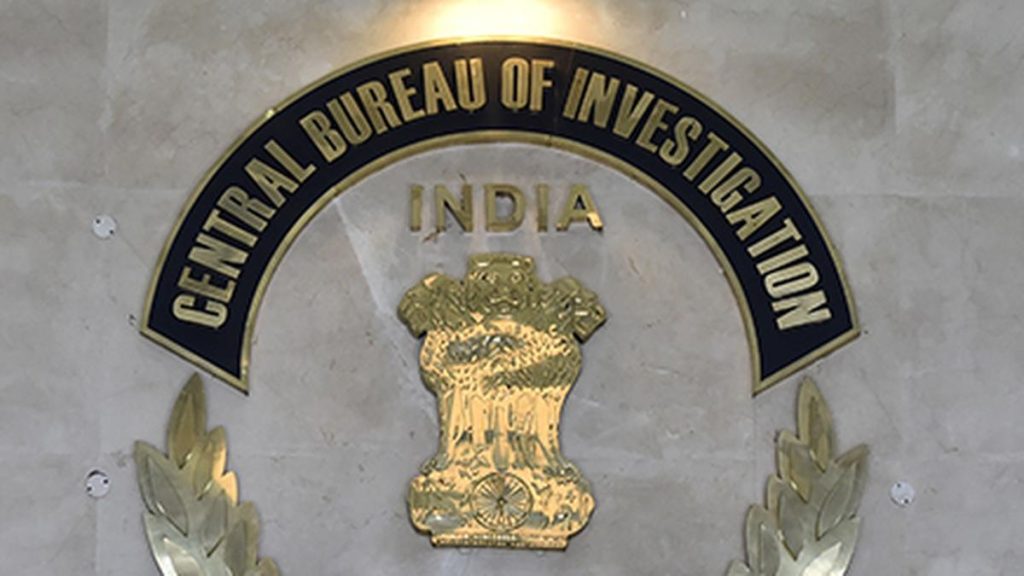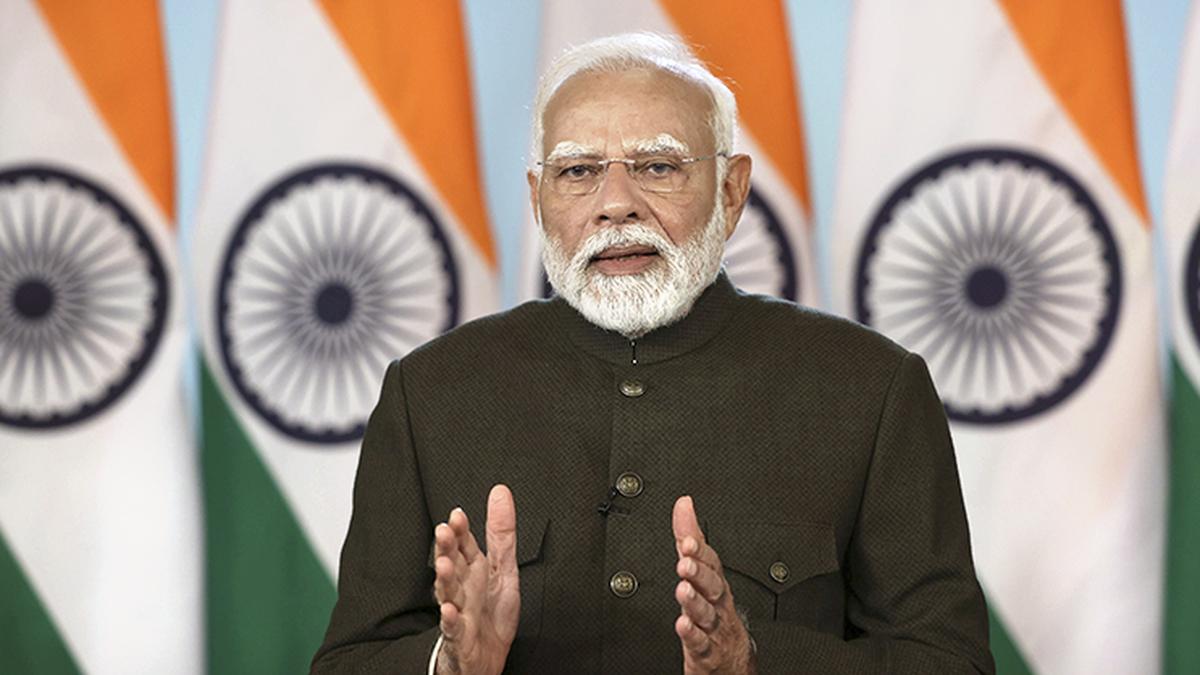Now Reading: Arambakkam Sexual Assault Case: Accused Arrested After Two-Week Hunt
-
01
Arambakkam Sexual Assault Case: Accused Arrested After Two-Week Hunt
Arambakkam Sexual Assault Case: Accused Arrested After Two-Week Hunt
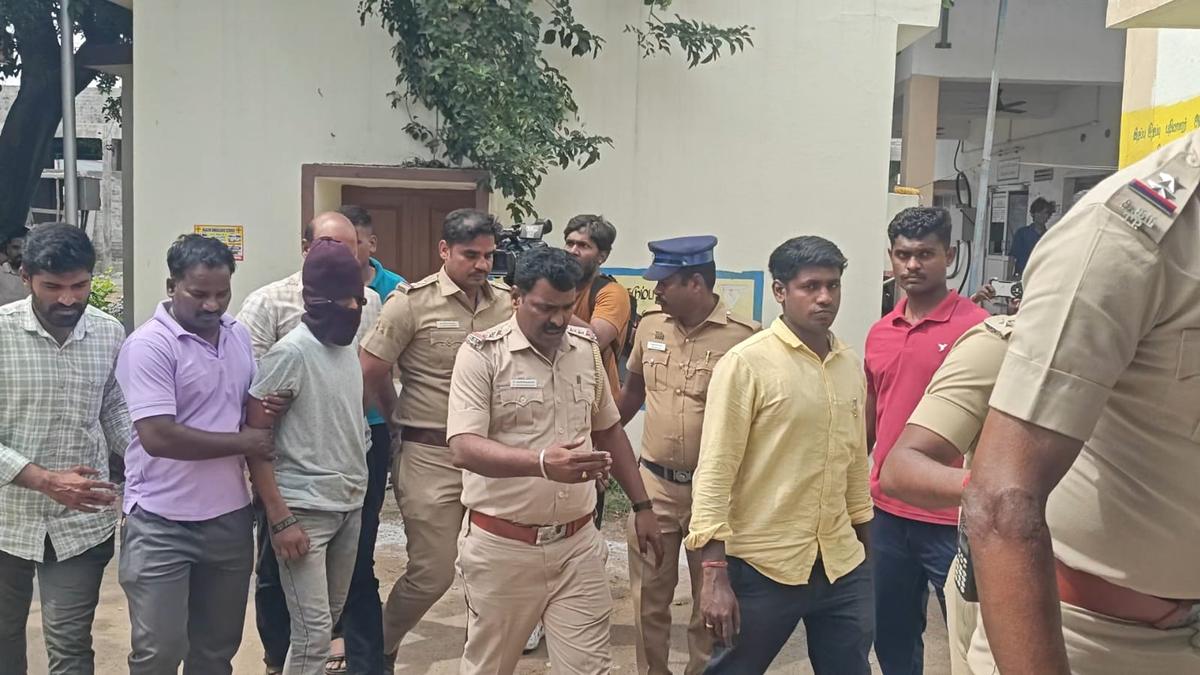
Quick Summary
- On July 12, a minor girl in Arambakkam, Tamil Nadu, was abducted and sexually assaulted while returning from school.
- Teh victim was living with her grandmother; her parents reside in bordering Andhra Pradesh.
- A case was registered under the Protection of Children from Sexual Offences (POCSO) Act. Political parties demanded swift justice through protests.
- Special police teams led by Inspector general of police North Asra Garg investigated the case for two weeks across Tamil Nadu-Andhra Pradesh border areas and railway stations to locate the suspect.
- CCTV footage and photos were released,and a ₹5 lakh reward was offered for data leading to the accusedS arrest.
- The accused, Kale Bishwakarma alias Raju Biswakarma (aged 35), originally from Assam but working at a dhaba in Sullurpeta (Andhra Pradesh), was apprehended on July 26 after extensive searches.
- During interrogation,he confessed to abducting and assaulting the minor girl before planning his escape to Assam upon learning that police were tracking him.
- He has been subjected to medical examination and presented before a court for legal action.
Indian Opinion Analysis
The arrest in this tragic case reflects significant determination by law enforcement agencies despite challenges such as cross-state jurisdictional complexities between Tamil Nadu and Andhra Pradesh border areas. The thorough search operations-including offering monetary rewards-highlight proactive measures utilized effectively by special teams under Inspector General Asra Garg to secure crucial leads leading to resolution.
This incident raises broader concerns about child safety protocols near schools located in secluded rural areas like Arambakkam-a need reinforced amidst political demonstrations demanding justice promptly administered under robust laws like POCSO Act (designed specifically against offenses targeting minors). Sustained vigilance at vulnerable transit hubs combined with increased community engagement could serve as preventive approaches ensuring such severe violations remain rare across India going forward.
Read more: The Hindu


